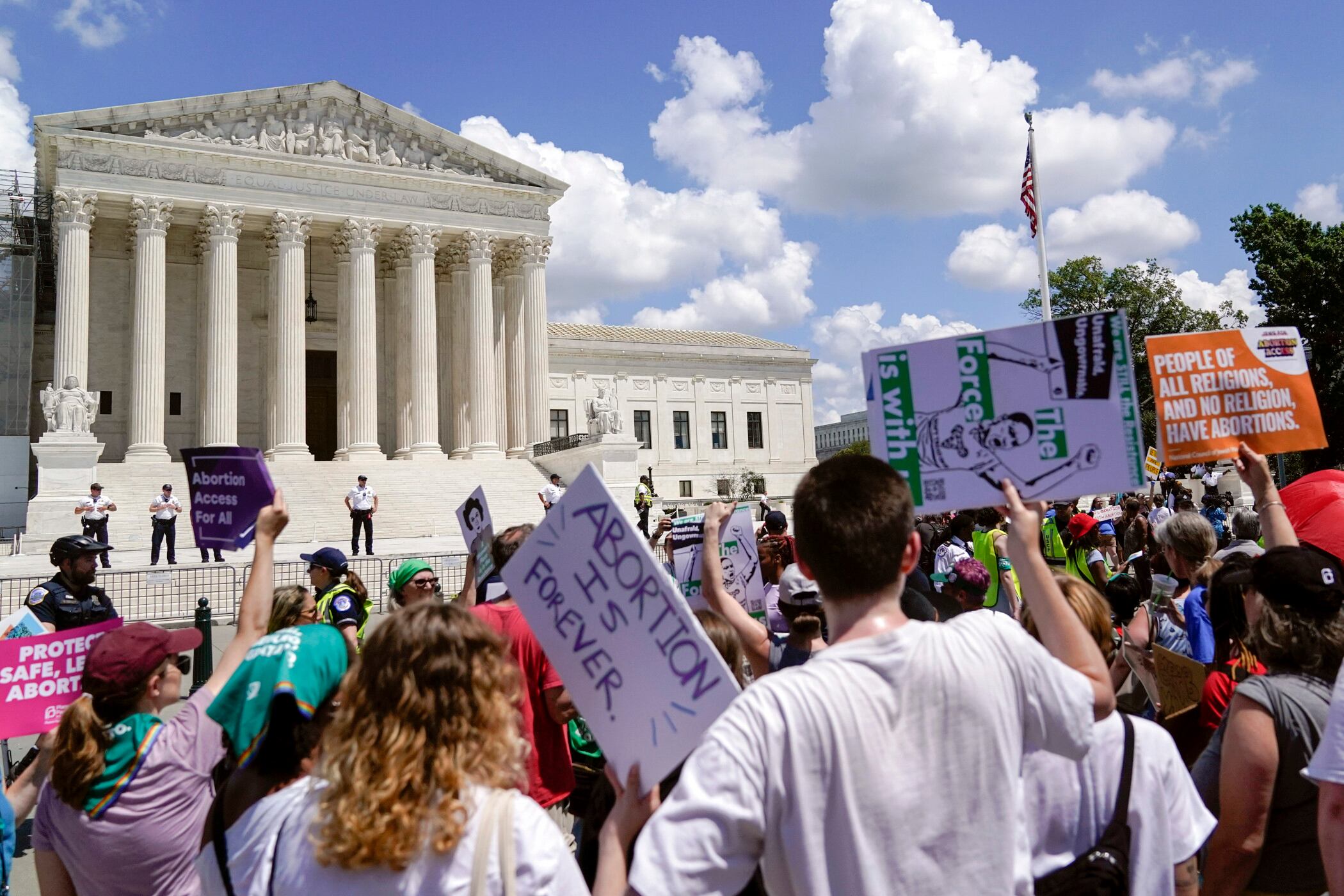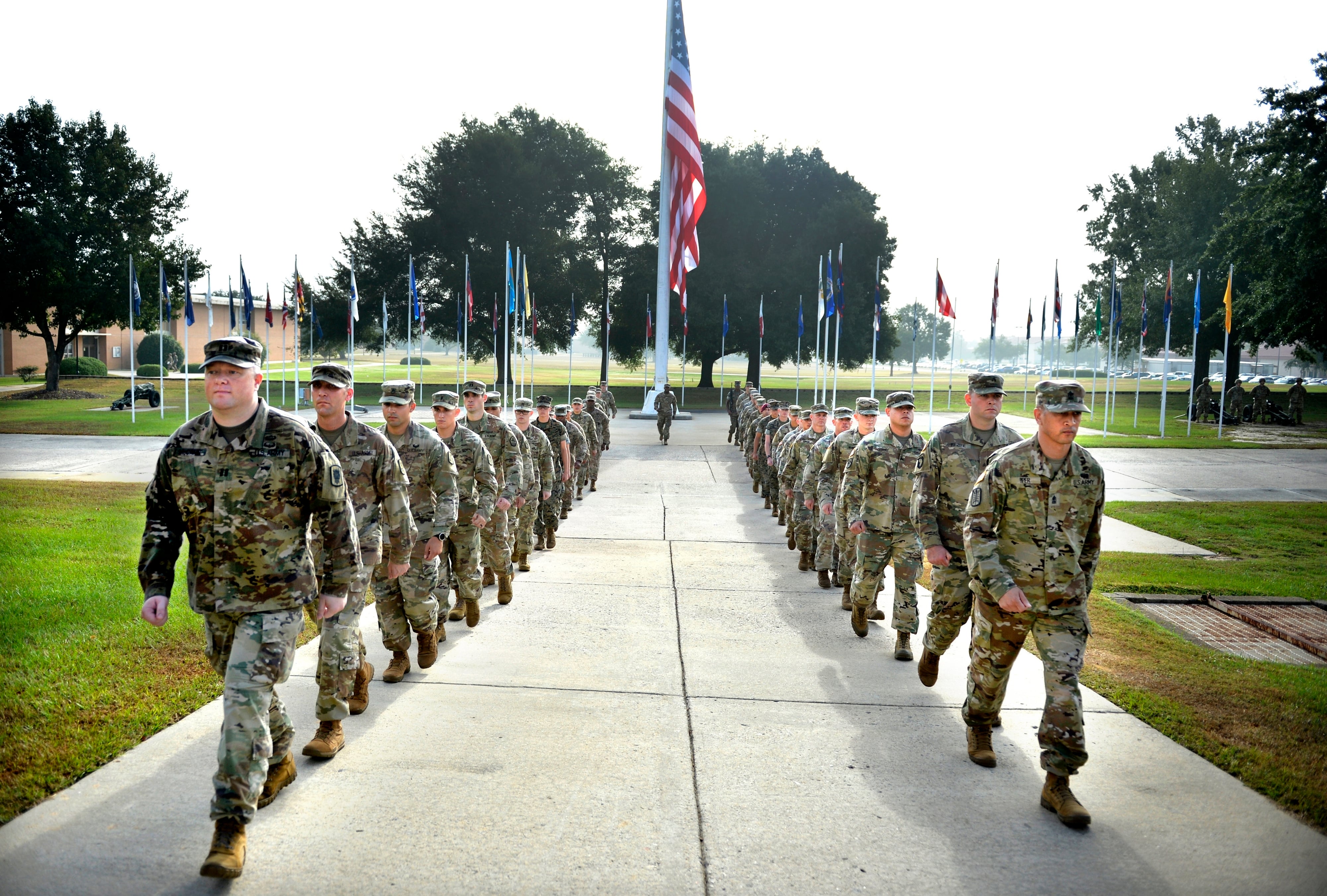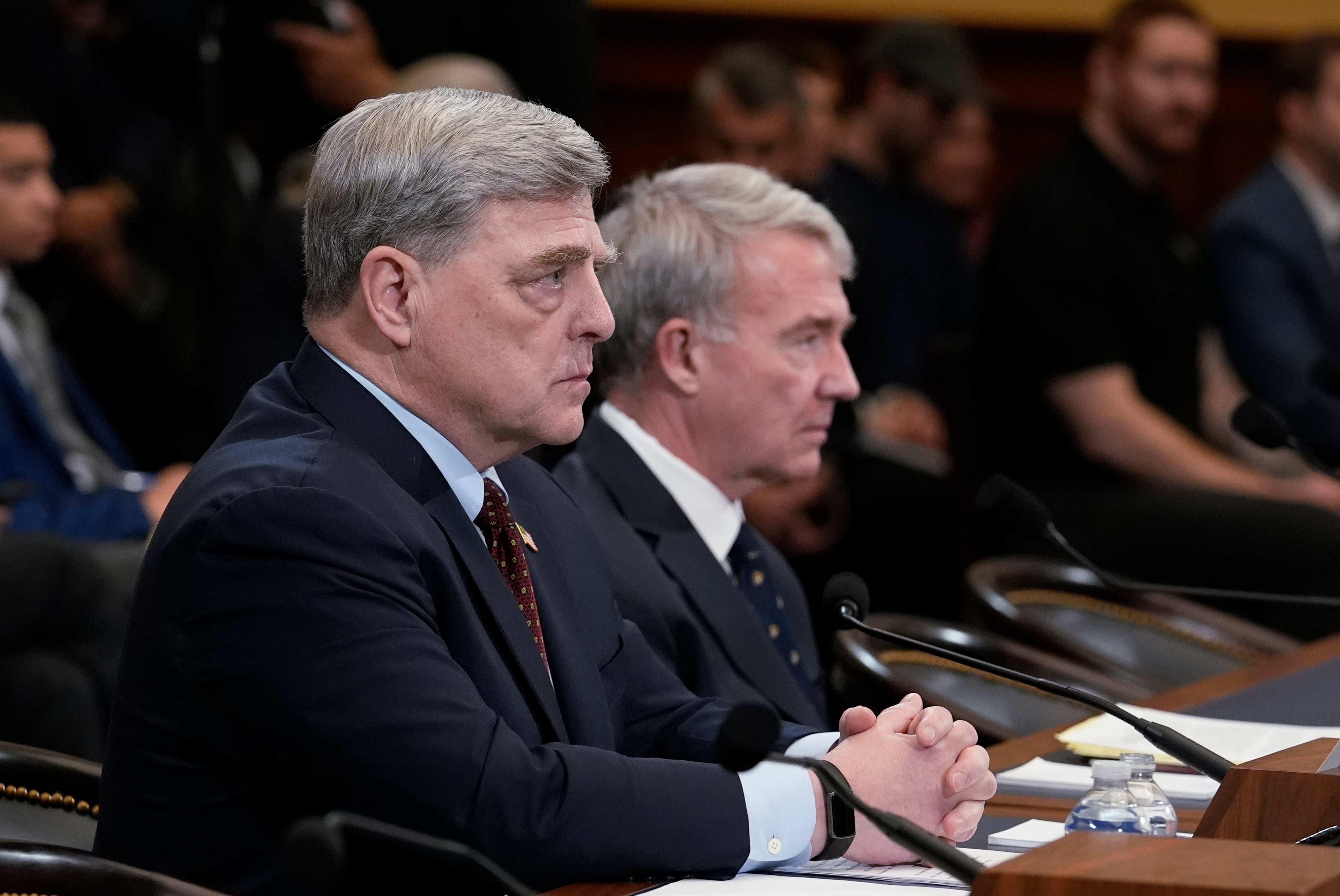2020 has been a long and challenging year. So many families have struggled as the nation has battled wars on all fronts: the protracted COVID-19 pandemic, the stagnant economy, and natural disasters ranging from historic wildfires to record hurricanes. For our nation’s military families, these challenges are heightened by service at home and abroad. Yet, in the wake of unprecedented adversity, Americans rise up stronger than ever.
This November, perhaps even more so than in years past, it is critical that we celebrate and honor our greatest Americans — those who serve and the families that support them. On Nov. 11, we celebrated Veterans Day, and the entire month of November is recognized as National Veteran and Military Families Month.
And yet, it is not enough to honor our military families; we also must commit to support and bolster them. Our military and veteran families carry the safety and security of this nation on their shoulders. When they suffer, we all suffer; and we know they are suffering right now, during these national crises. Last month, our friends at Blue Star Families released the findings from their Resilience Under Stress Survey (RUSS), which surveyed military families to assess how the resilience cultivated through their military careers helped them through the COVID-19 pandemic. The findings were mixed. While military families appear to have been less impacted financially than the general population, survey respondents reported significant impacts on their happiness and mental health, and also on their children’s mental health.
Our team at the Rosalynn Carter Institute for Caregiving has recognized for years that military families face great challenges, long before the pandemic arrived. Our military program, Operation Family Caregiver (OFC), supports the families of those who are injured during their service by providing specially trained “coaches” whose emphasis is on helping the caregiver, that hero behind the hero. OFC has been demonstrated to help the families of returning service members and veterans find strength through their journey so they feel fully capable of living their best lives, regardless of what life throws at them. In other words, building the kind of resilience they need to combat stressors such as COVID-19.
Our recent partnership with Wounded Warrior Project® (WWP) builds on OFC through a new program called Operation Caregiver Support (OCS) — a peer support group that offer caregivers a chance to connect with their peers and be part of a community of support while learning and practicing similar skills to strengthen their health and resiliency. We know coaching has a positive and statistically significant impact on caregivers. Now we have an opportunity to learn whether a peer support group can have a similar impact and, for those who participate in both programs, how these two methods might reinforce each other. It’s an important step in our greater goal of ensuring that programs meet caregivers wherever they may be in their journey, approaching caregiver health and well-being as a public health challenge.
According to AARP and the National Alliance for Caregiving, there are an estimated 53 million caregivers in the United States, and they span a wide spectrum. There are many different types of caregiver and tremendous variation in the level of care they provide and relative needs. The RCI is working across all our programs, and in coordination with many partners, to evaluate interventions and learn from both successes and failures. We are investing in learning what works best for caregivers, rather than making assumptions.
To explore the broader scope of caregiving in military families, we recently partnered with Blue Star Families. As a follow-up to the comprehensive report they release annually to capture the findings from their Military Family Lifestyle Survey, we will be working together to delve more deeply into the experience of caregivers in military families. This may include some families caring for a wounded warrior, and others caring for aging parents or children with special needs. The experience of caregivers in military families is largely unknown, and we owe it to those who keep us safe to better understand their concerns.
This has been a year like no other. When I came on board as the director of Operation Family Caregiver in June, we were only beginning to understand the implications of the pandemic. Six months later, infections are back on the rise, and many who overcome the disease seem to have a long road to full recovery. A disproportionate number of cases have occurred in long-term care facilities, leaving many wondering whether these homes are safe for their loved ones and leading to a shift toward home-based care. An estimated 860,000 women left the job market in September alone, presumably because they had care responsibilities either for children or other family members. And all caregivers have been, and will continue to be, deeply impacted.
Like many RCI employees, I came to the team with my own personal caregiver story. I am married to a U.S. Army veteran and have served as caregiver for both friends and family. I feel so grateful to our military families who sacrifice their lives for the life and liberty of the entire nation. In this month, which is also National Family Caregivers’ Month, we are called upon to give thanks for all the good in our lives and all the good that is yet to come.
Americans rise up, stronger than ever.
K. Conwell Smith is the director of Operation Family Caregiver & Military Programs and senior advisor at the Rosalynn Carter Institute for Caregiving.
Editor’s note: This is an Op-Ed and as such, the opinions expressed are those of the author. If you would like to respond, or have an editorial of your own you would like to submit, please contact Military Times managing editor Howard Altman, haltman@militarytimes.com.





